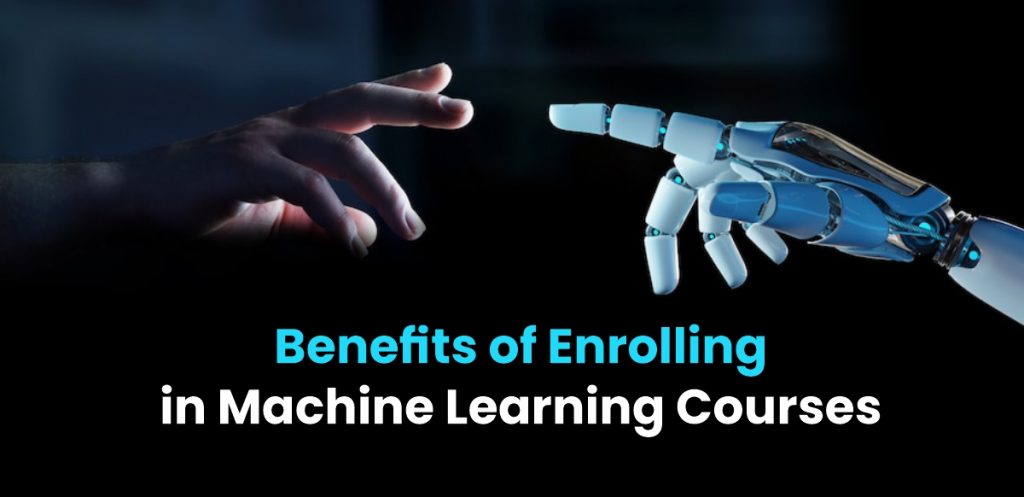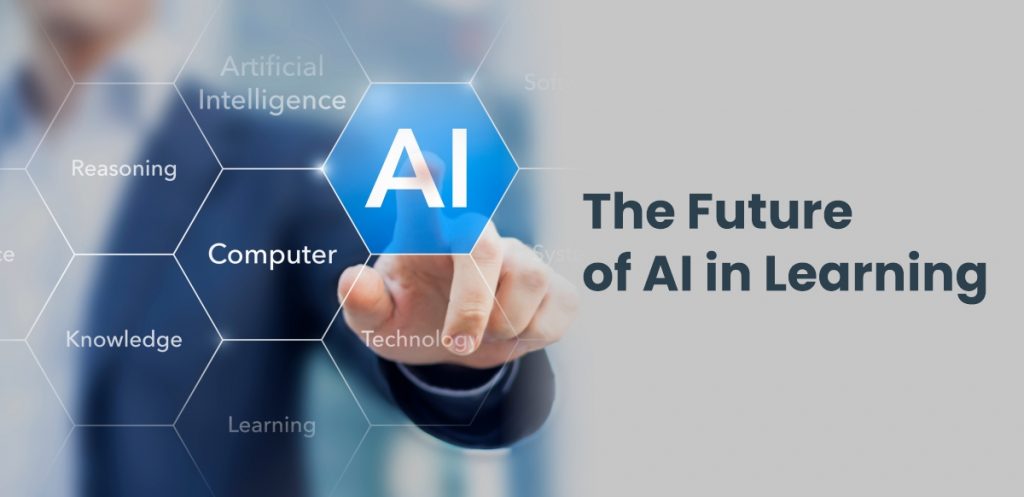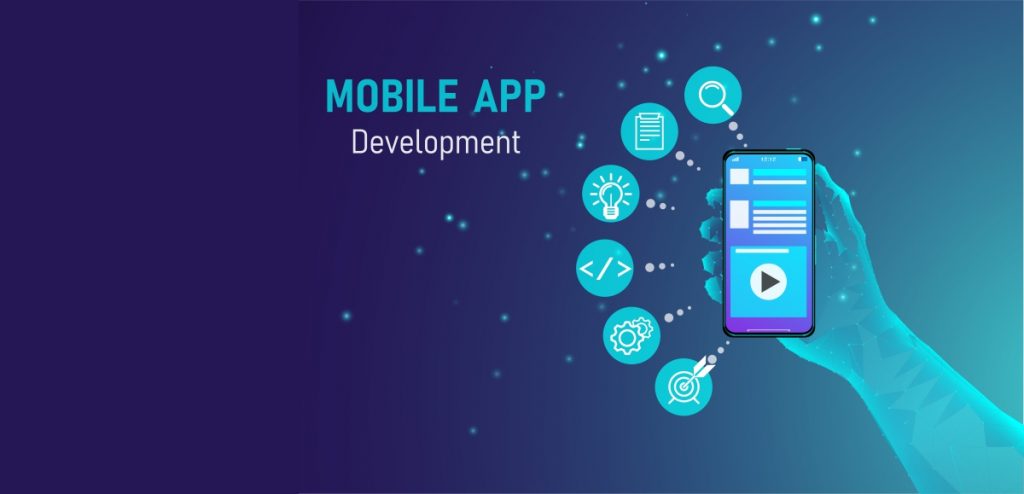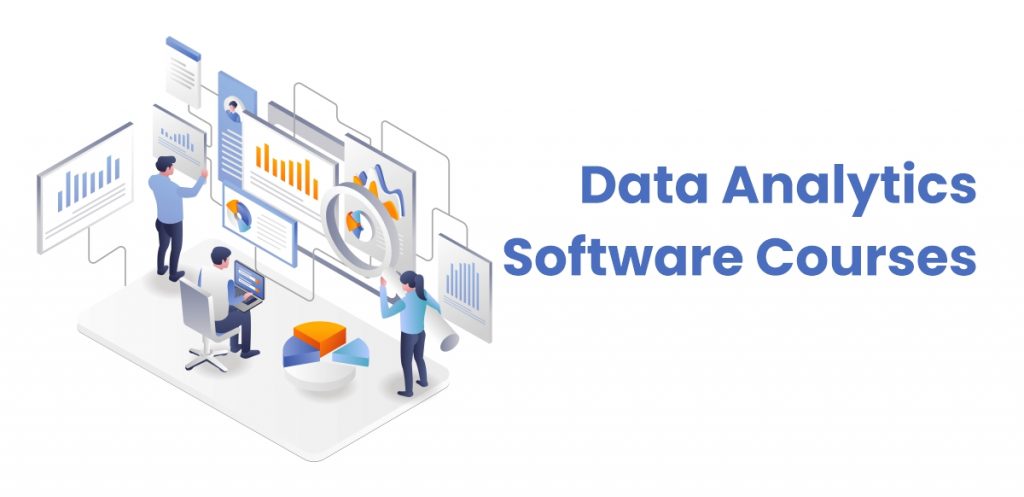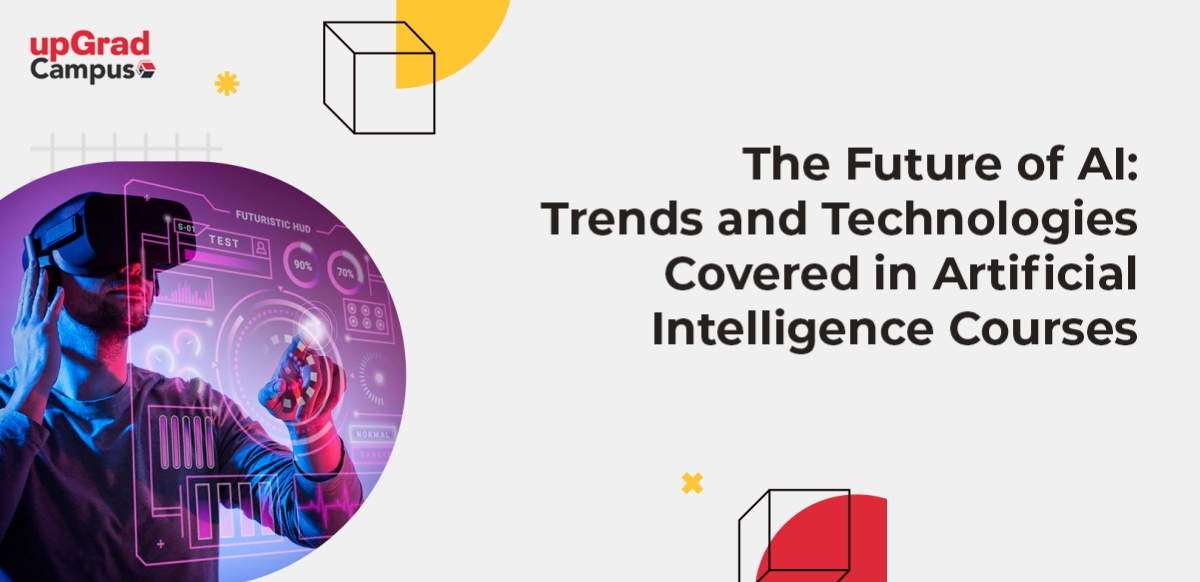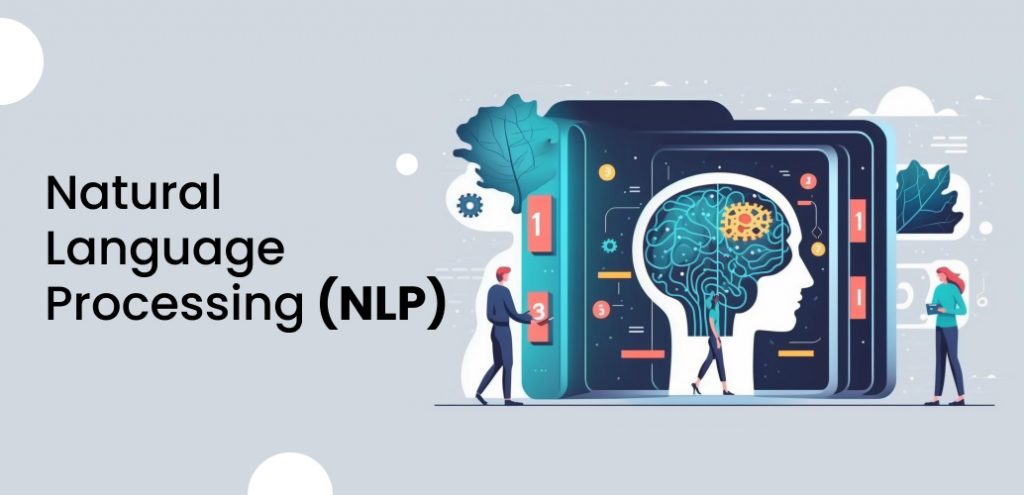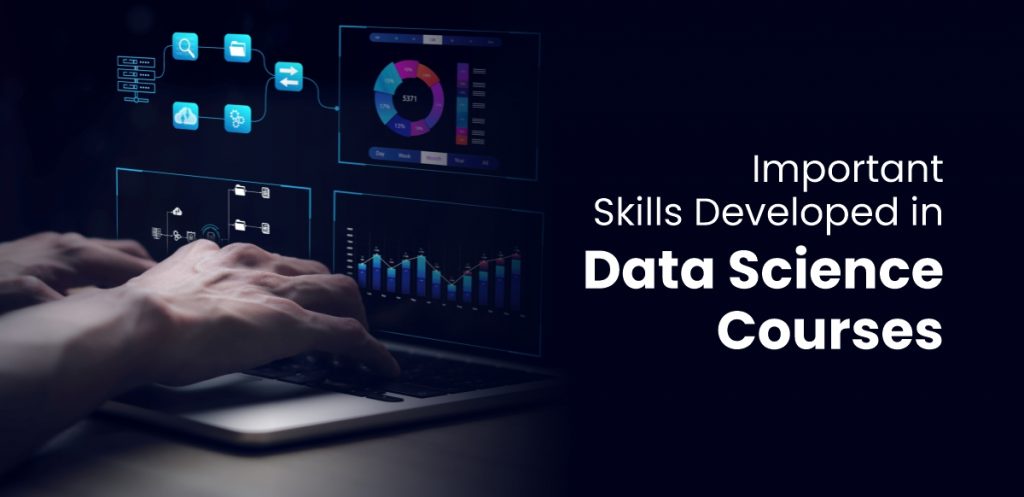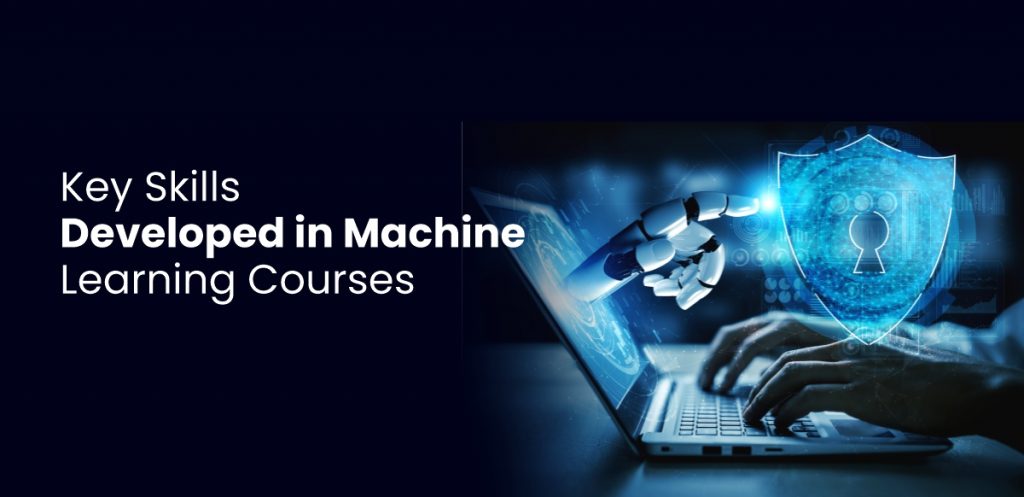How to Build a Strong Data Science Job Portfolio: Tips and Examples
Tips and Examples on Building the Ideal Data Science Portfolio
- Introduce Yourself and Your Aspirations
- Demonstrate Diverse Projects and Datasets
- Formatting is Key: Have Clear Problem Statements and Objectives
- Don’t Prioritise Commonly Done Project
Boost Your Data Science Portfolio with the Best Data Science Courses in India!
Are you looking for tips on how to get a perfect data science job portfolio? And want to pursue a career in the most dynamic field of the last decade? Then you’ve come to the right place!
Data science has emerged as a revolutionary tool for every industry and domain. Data is the new currency, and companies have started to recognize it as an invaluable resource. In such a data-driven landscape, a business’s ability to harness the power of data is what will determine its long-term success.
As a result of the dynamic nature of data science and its exponential growth, there have been numerous openings for data science jobs for freshers and professionals alike. Universities and online academies have identified the vast potential of this field and thus started offering data science courses to prepare the next generation of industry leaders.
Exploring effective strategies on how to get a data science job is essential for aspiring students. In this blog, we will look at some tips on building the perfect data science portfolio to help increase your chances of building a successful career.
Tips to Build the Ideal Data Science Portfolio
Let’s look at some important tips and subsequent examples you should keep in mind to help you build the ideal data science portfolio and set yourself apart.
1. Introduce Yourself and Your Aspirations
Start your data science portfolio by briefly introducing yourself. Speak about your educational background and any major professional experiences you’ve had so far. Wrap up the summary with mentions of only your best projects.
2. Demonstrate Diverse Projects and Datasets
To make your data science portfolio stand out among the rest, remember to include a diverse array of projects you have successfully completed. This is an important tip as it helps demonstrate your skills and ability to work with different data types and domains. The diversity also showcases your adaptability to situations, increasing your employability.
You can consider including examples of projects in areas like machine learning, NLP, and more. For instance, talk about a project where you applied ML to come up with valuable customer insights to help an e-commerce platform.
3. Formatting is Key: Have Clear Problem Statements and Objectives
Another important aspect a lot of people overlook is the formatting of their portfolios. If you want your data science portfolio to look unique and easy to read, ensure you follow a clear formatting pattern. This makes it easier for the employer to read and has a distinct impact on your chances of getting hired.
For example, each project in your data science portfolio should start with a very clear problem statement followed by well-defined objectives. This is key as it helps employers to understand the context of your work. This systematic nature of presenting will also demonstrate exactly what you did, whether you achieved your initial goals, and if the project was a success.
4. Don’t Prioritise Commonly Done Projects
Lastly, here’s something you might not hear often: don’t prioritise a project! But in this context, it’s true. Try to avoid “cookie-cutter” projects- easy projects done commonly by most professionals in the field. These will not add value to your candidacy but will only take up space. Instead, they focus on projects that are more complex and unique and don’t have readily available tutorials online.
For example, datasets like MNIST, Iris, or Titanic might be better suited towards the bottom half of your data science portfolio. This is because, while they are good datasets to learn from, they are predominantly used by beginners and amateur data scientists. Giving them priority by mentioning them earlier in your portfolio might cause your employer to misconstrue your actual capabilities.
Case Study: Unveiling Amazon’s Data Analytics Mastery: A Case Study
Boost Your Data Science Portfolio with the Best Data Science Courses in India!
If you aspire to enhance your career and build an enticing data science portfolio, our career experts at upGrad Campus are here to help. The upGrad data science and analytics course is one of the best data science courses in India. Our online programs are vetted by industry leaders and even have placement opportunities for those seeking to gain some hands-on experience in the field.
Led by professionals with industry knowledge and years of experience, our data science courses will teach students all the concepts and terminologies they are required to excel in this fascinating field. Build the ideal data science portfolio with upGrad Campus and boost your chances of landing your dream job. Contact us to know more.
Related: Discover How Data Analytics is Leading the Way in the Future of Technology!









